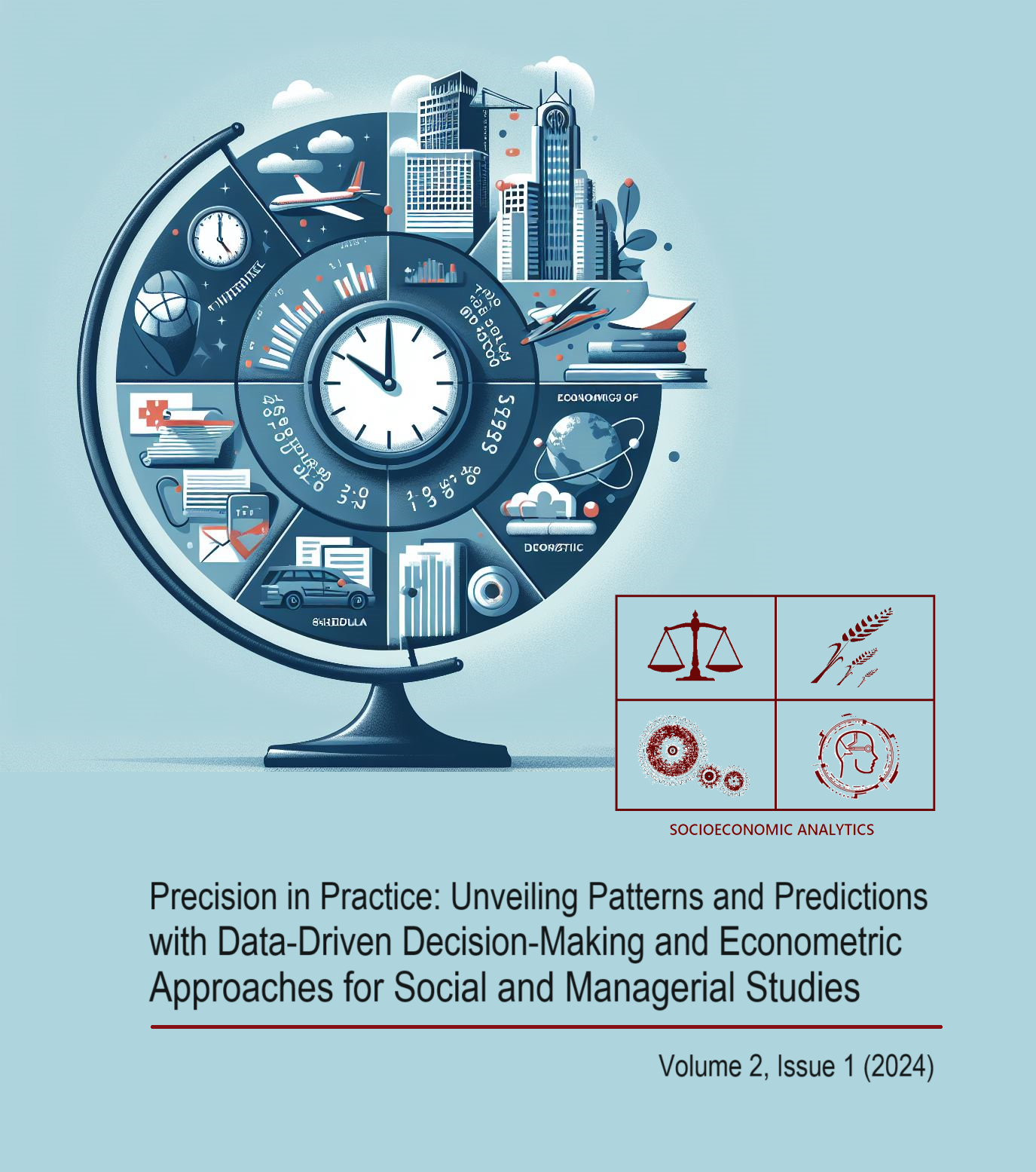Predicting Sentiments in Spotify Comments: A Comparative Analysis of Machine Learning Models
DOI:
https://doi.org/10.51359/2965-4661.2024.265070Keywords:
Natural Language Processing, Spotify, Machine Learning, Logistic Regression, Random Forest, sentiment analysisAbstract
Using data from user sentences on Spotify, this work explores through Natural Language Processing positive and negative sentiments in each comment. We compare different statistical modeling and Machine Learning techniques, identifying the ones with the greatest accuracy in predicting sentiments. As a result, the assessment supports most of the sentences presented with negative connotations. As for modeling, the Logistic Regression and Random Forest models resulted in better accuracy.
References
Cambria, E., & White, B. (2014). Jumping NLP curves: A review of natural language processing research. IEEE Computational Intelligence Magazine, 9(2), 48–57. https://doi.org/10.1109/MCI.2014.2307227
Dayton, C. M. (1992). Logistic regression analysis. Stat, 474, 574. Washington, DC.
Biau, Gérard, & Scornet, Erwan. (2016). A random forest guided tour. Test, 25, 197–227. Springer.
Lorena, A. C., & De Carvalho, A. C. P. L. F. (2007). Uma introdução às support vector machines. Revista de Informática Teórica e Aplicada, 14(2), 43–67.
Natekin, A., & Knoll, A. (2013). Gradient boosting machines, a tutorial. Frontiers in Neurorobotics, 7, 21. Frontiers Media SA. https://doi.org/10.3389/fnbot.2013.00021
Downloads
Additional Files
Published
Issue
Section
License
Copyright (c) 2024 Filipe Augusto Felix de Queiroz, Igor Barbosa Negreiros, Giovana de Souza, Débora Cordeiro de Sousa, Sílvio Fernando Alves Xavier Júnior

This work is licensed under a Creative Commons Attribution-NonCommercial-NoDerivatives 4.0 International License.
Authors who publish with Socioeconomic Analytics retain the copyright of their work and agree to license it under a Creative Commons Attribution-NonCommercial-NoDerivatives 4.0 International (CC BY-NC-ND 4.0) license. This means that the work can be shared, copied, and redistributed in any medium or format, as long as it is not used for commercial purposes, and the original work is properly cited. The work cannot be changed in any way or used to create derivative works.










